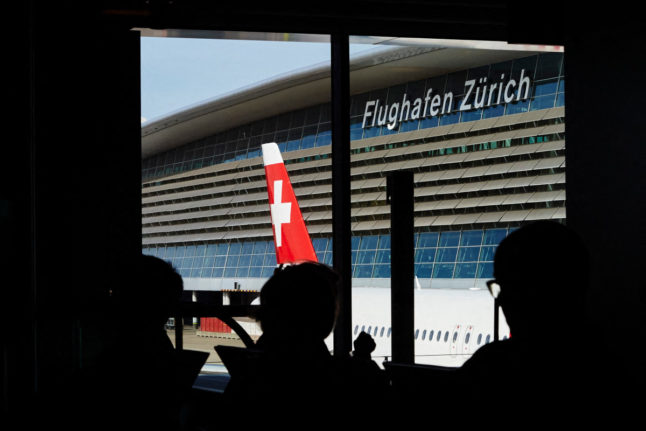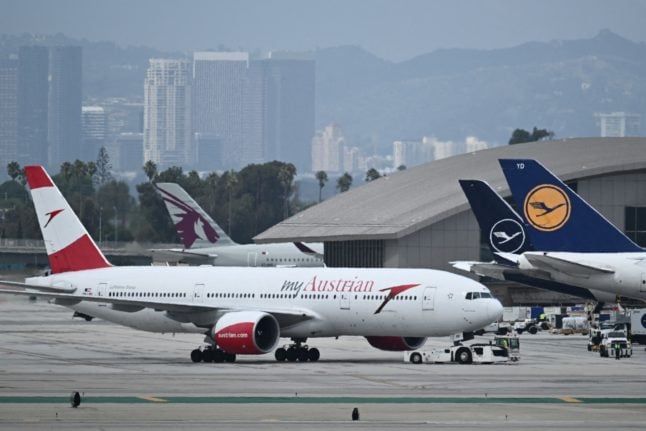Seven years after the project began, the new, largely underground facility that will “effectively sort” some 30,000 pieces of luggage ‘transiting’ through the airport every day, airport’s management said on Tuesday.
(Up to 50,000 are handled on peak-travel days).
Exciting news! Zurich Airport's new baggage system is now in operation. This cutting-edge system, the airport's largest recent construction project, ensures compliance with EU regulations and smooth operations. Read more at: https://t.co/bscTx5aDGe
— Airline Hub (@AirlineHub1) June 19, 2024
The new facility includes 25 km of conveyor belts, 5,500 motors, and 5,600 sensors. Sorting is controlled in accordance with the new rules in force in the European Union.
Why is this important for passengers?
Being centrally located, Zurich is among the main hubs in Europe for air travel, with nearly 30 million people flying into, from, or transiting through this airport.
Fast and efficient luggage handling service is therefore essential.
The new baggage sorting system has replaced the old one, whose parts had reached the end of their lifecycle.
“Construction projects at such critical infrastructure of our airport must be realised while operations are ongoing and are accordingly challenging,” said Lydia Naef, the airport’s Chief Real Estate Officer.
As for Stefan Tschudin, Chief Operation Officer of Flughafen Zürich AG, he emphasised that “with the new technology, Zurich Airport ensures that baggage allocation will continue to function reliably in the future. This is essential for smooth operations of the entire flight process.”
The old sorting system will be permanently decommissioned this fall.
But while the main phase of the project will be completed by then, the entire replacement of the old system is expected to be completed by 2027.



 Please whitelist us to continue reading.
Please whitelist us to continue reading.
Member comments